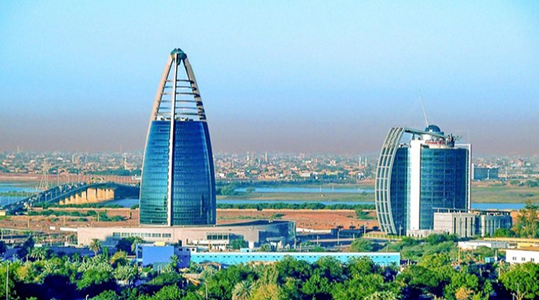The Central Statistical Organization in Sudan revealed that the inflation rate increased to 114% in May, compared to about 99% in April, due to the persistently high food prices.
The annual rate of change (inflation) in May was 114.23 percent, compared to 98.81 percent last year. The reason for the rise is the continued high prices of foodstuffs such as oils, meat, milk, eggs, legumes and sugar in addition to bread and cooking gas.
Since the separation of South Sudan from Sudan in 2011, the Sudanese economy has witnessed a rise in inflation rates and a decline in the value of the Sudanese pound, due to the loss of significant oil revenues. Sudan is also suffering from high external debt, which amounted, according to the International Monetary Fund data, to about $60 billion.
The United States imposed economic sanctions on Khartoum for two decades before it lifted it in 2017. But it still places Sudan on the list of "state sponsors of terrorism", hampering the flow of foreign investment. In February, the World Food Program announced that 9.1 million Sudanese were in need of humanitarian assistance.
Source (Al-Arabiya.net website, Edited)

